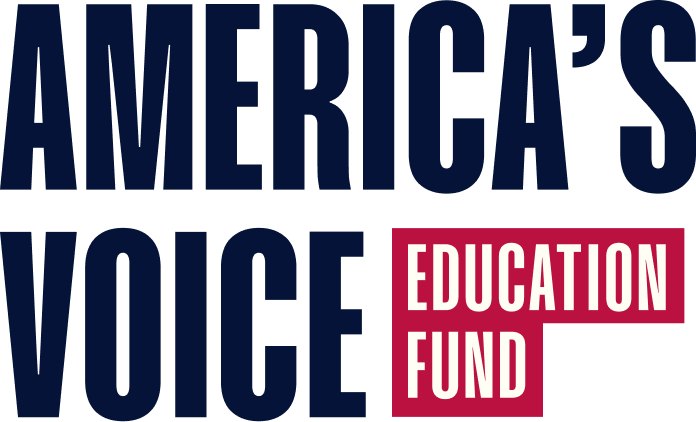Pope Leo Calls Migrants And Refugees ‘Messengers Of Hope’ In A World ‘Darkened By War And Injustice’
Migrants and refugees are “messengers of hope” and a “true divine blessing” in a world often “darkened by war and injustice,” Pope Leo XIV said in his most extensive remarks on migration since his election to the papacy in May. “Indeed, they demonstrate this daily through their resilience and trust in God, as they face adversity while seeking a future in which they glimpse that integral human development and happiness are possible.”
The remarks, released ahead of this October’s 111th World Day of Migrants and Refugees, recognize the global circumstances that force individuals to migrate, including “wars, violence, injustice and extreme weather events.” But as Pope Leo noted, nations that receive migrants and refugees who have had the “courage” and “tenacity” to leave everything behind and begin their lives anew also have much to gain from their presence.
“With their spiritual enthusiasm and vitality, they can help revitalize ecclesial communities that have become rigid and weighed down, where spiritual desertification is advancing at an alarming rate,” Pope Leo wrote. “Their presence, then, should be recognized and appreciated as a true divine blessing, an opportunity to open oneself to the grace of God, who gives new energy and hope to his Church: ‘Do not neglect to show hospitality to strangers, for by doing that some have entertained angels without knowing it’ (Heb 13:2).”
“At the same time, the communities that welcome them can also be a living witness to hope, one that is understood as the promise of a present and a future where the dignity of all as children of God is recognized,” he continued. “In this way, migrants and refugees are recognized as brothers and sisters, part of a family in which they can express their talents and participate fully in community life.”
Following in the bold tradition of Pope Francis, who died this past April at the age of 88, Pope Leo has shown “a special interest in the well-being of immigrants that precedes his papacy, as The Washington Post noted. “Before his papacy, Leo served the poor in Peru for decades and was especially concerned about Venezuelan migrants who fled there, opening churches as soup kitchens and asking priests to convert free spaces into makeshift refuges while bishop of Chiclayo.”
Pope Leo’s first U.S. bishop appointment since his election is himself a former refugee. San Diego Bishop Michael Pham, who is also the first Vietnamese American bishop to lead a U.S. diocese, fled his home country in 1980 and was eventually sponsored by an American family in Minnesota.
In June, Bishop Pham was among faith leaders to bear witness and support immigrants at their immigration court hearings on World Refugee Day, compelled by their values and the unprecedented surge in arrests of individuals just trying to follow the rules by attending their court dates. And, their advocacy made a real difference. Bishop Pham said that when masked agents saw the faith leaders, they “kind of scattered” and went away.
“‘Like the story of Moses and Exodus, the Red Sea parted,’ said observer Scott Reid of the immigrant-aiding San Diego Organizing Project,” Times of San Diego reported. “Said another: ‘We’ve never seen the hallways cleared out so quickly.’” Those at the courthouse that day also included Imam Taha Hassane of the Islamic Center of San Diego, Bishop Susan Brown Snook of the Episcopal Diocese of San Diego, San Diego Auxiliary Bishops Ramón Bejarano and Felipe Pulido, and Jesuit Father Scott Santarosa, who coordinated the visit with San Diego Organizing Project Executive Director Dinora Reyna-Gutierrez.
Since then, dozens of volunteers wearing “FAITH” — “Faithful Accompaniment In Trust & Hope” buttons have joined the San Diego diocese’s program to continue accompanying immigrants to their court dates. “Among the mostly older volunteers for San Diego’s new ministry were Bonnie and David Freeman of San Diego, both retired professors who worked with teachers of English as a second language at schools in Texas and Central California,” National Catholic Reporter said. “Both 81, the Freemans called the new ministry ‘extremely important.’”
“’All our lives,’ Bonnie said, ‘we’ve been working with immigrants and we know them as people and we care about them and we know they care about this country and they care about the work they do and they’re proud, wonderful people.’ David added: ‘Once you get to know these folks, you hate to see the way they’re now being treated — it’s just criminal to us.’”
